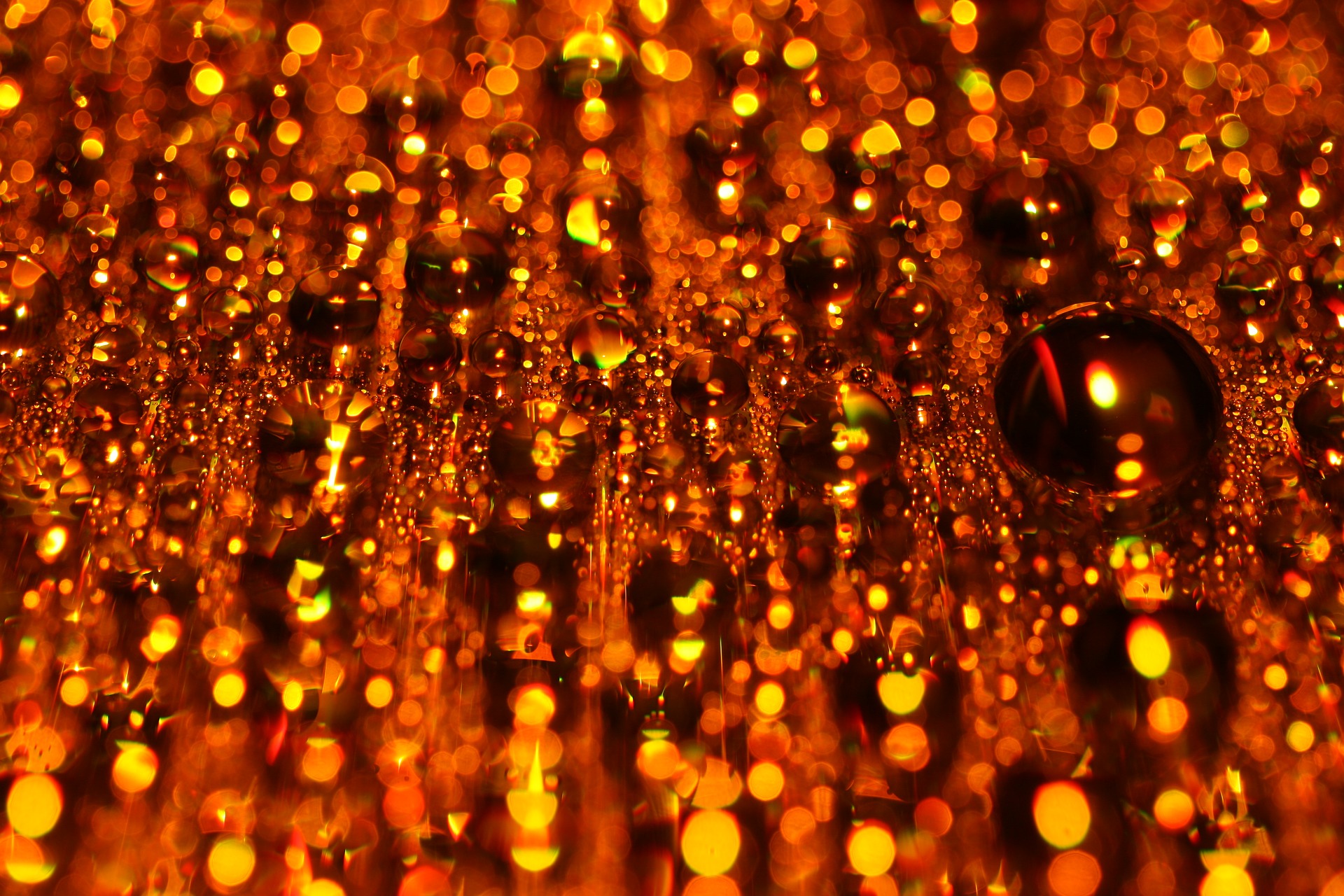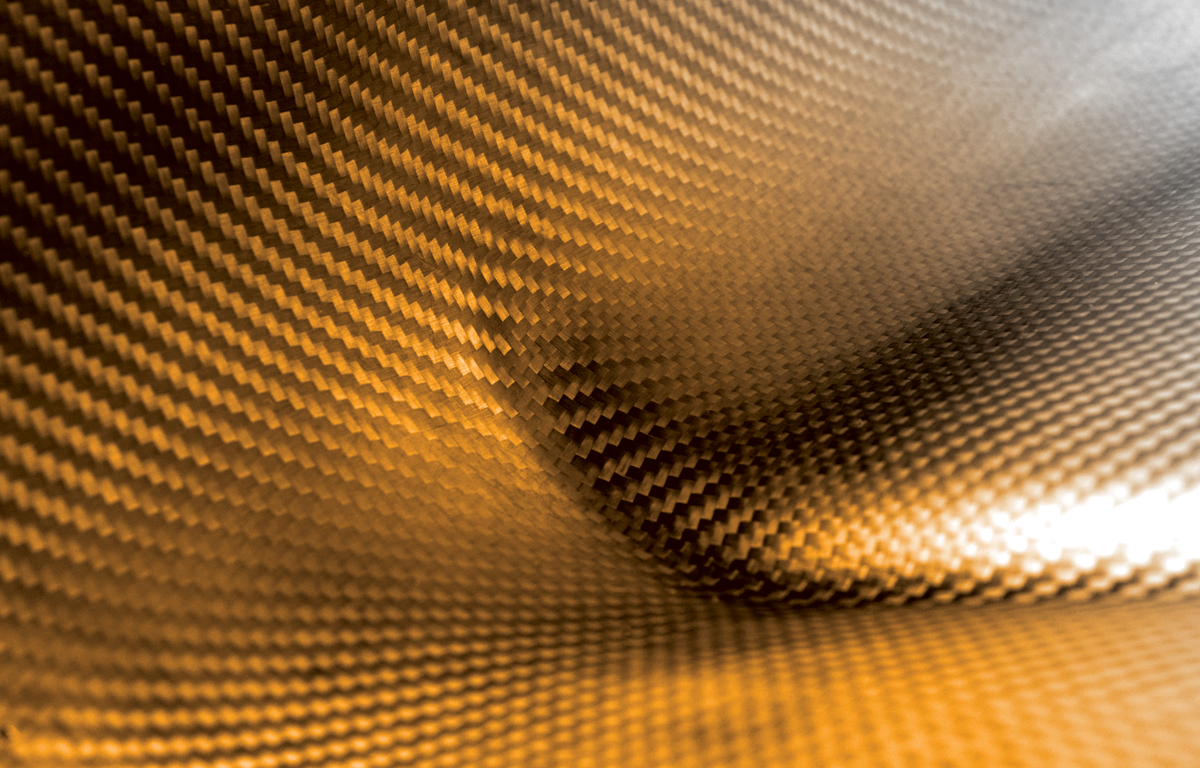University of Luxembourg – Physics and Materials Science Dept: Experimental Soft Matter Physics
University of Luxembourg – Physics and Materials Science Dept: Experimental Soft Matter Physics
Core business
- Experimental soft matter physics, fundamental and applied, with strongly interdisciplinary character.
- Materials in focus: colloids, liquid crystals (LC), polymer solutions, nanoparticle suspensions.
- Photonics of curved and/or rubbery photonic crystals generated by LC self-organization, and their diverse application opportunities.
- Impact of confinement of LC and the related responsiveness to chemical and biological analytes in the surrounding.
- Soft actuators (artificial muscles) and strain sensors from LC rubbers.
- Liquid crystal-functionalization of polymer fibers for making responsive textiles with sensing or dynamic camouflage applications.
- Spontaneous fractionation of nanorods in liquid crystalline colloids and the impact on the LC self-organization.
- Expertise in photonics of structural color; physics and chemistry of self-assembly/self-organization; thermodynamics of phase transitions and phase separation; long-range ordering in liquids and topological defects; polymerization of LC.
Products & services
Materials research and innovation
Major Materials & Manufacturing projects
In our applied research we target the creation of non-electronic (thus autonomous, requiring no battery or power supply) functional materials that can be used to address critical challenges of tomorrow’s societies. Key foci are on making unclonable and unique labels for fighting counterfeiting and enabling traceability throughout supply chains; realizing an infrastructure invisible to humans but visible to machines, thereby supporting autonomous vehicles and other types of robotics as well as augmented reality (AR); and on adding autonomous dynamics to traditionally passive elements, from hard buildings to soft clothing, giving them capacity to sense and respond to changes in their environment in an energy-efficient and environmentally friendly way.
Technical / technological capabilities
Optical microscopy (polarizing and confocal), scanning electron microscopy, microfluidic production of multiple emulsion, electrospinning of core-sheath fibers, ultrasound processing.
Main customers / collaborations
Collaborations with universities in Europe, USA, South Korea and Japan, interacting with scientists, artists, architects and supply chain management specialists. On-going industry collaboration with Merck (UK) and starting collaborations with consulting agencies and industries active in supply chain management, anti-counerfeiting, robotics and Building Information Modeling (BIM)/Digital Twin.
Print this page Send by email





